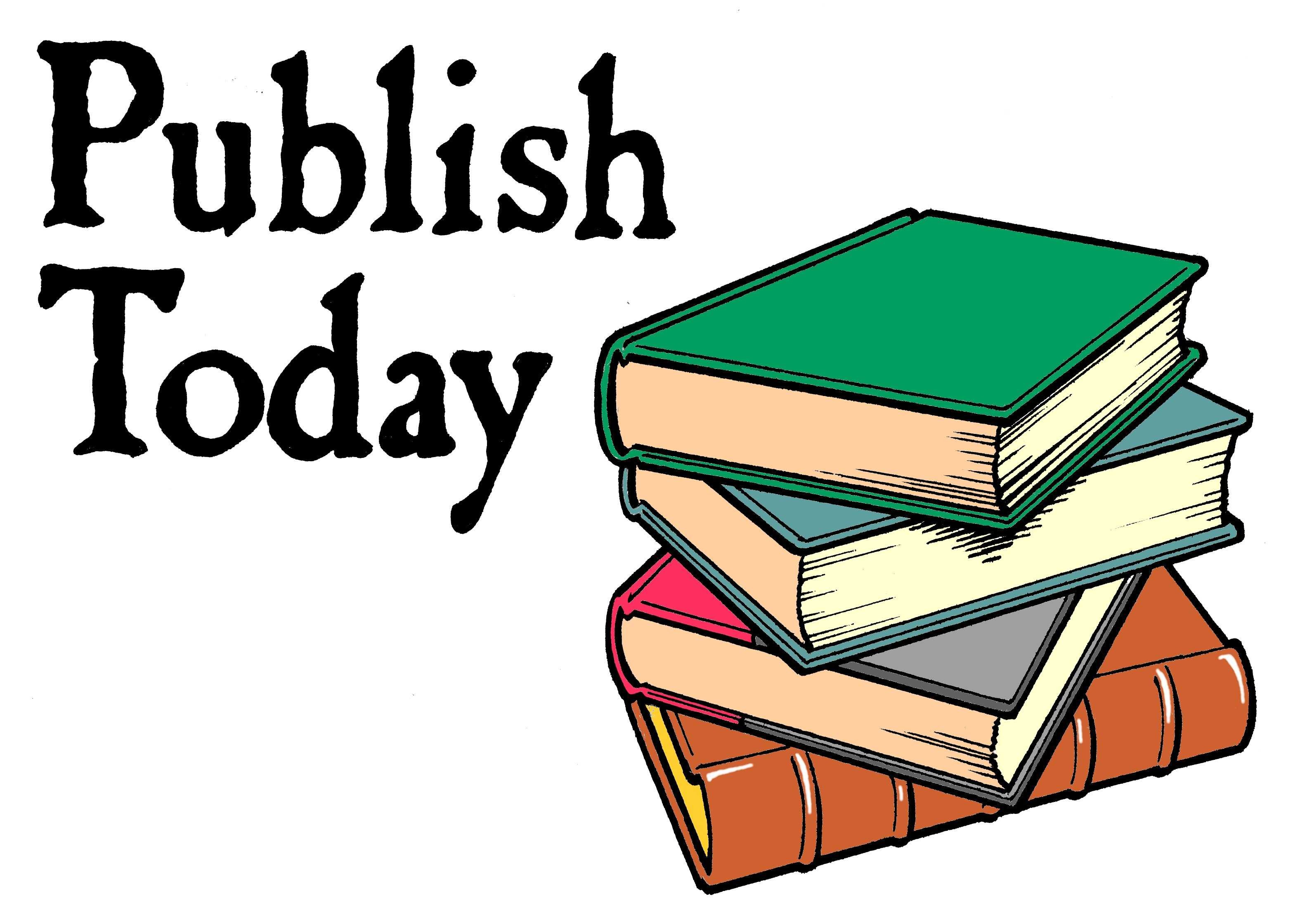Yesterday I presented on a panel about book promotion at the Indy Author Fair. As I expected, a handful of audience members wanted me to tell them how to promote the book they had already self-published. When I explained that, in ideal circumstances, you want a year ahead of your pub date to begin your marketing plan and buzz-building, faces dropped. I shared an anecdote about an email exchange I had with the editor of a national book page that reinforced the idea that no traditional outlet is going to review self-published books. I could hear the “But! But!” exclamations unspoken in the air.
I do think there are uses for self-publishing. Most recently, we’re all fine with it for authors who already have a following. In the cases where sales figures in the two-digits are acceptable, or you only expect people you know personally to purchase your book, great. But otherwise, the likelihood of success–the kind of success these audience members have imagined–is prohibitively slim. Most of the organizations and companies that we used to call vanity presses represent the potential for sales disingenuously, at best. And writers too impatient to do the work–to learn about their craft and the industry attached to it–dive right in, often at great personal expense.
My favorite question of the day was a follow-up to this discussion: A woman asked, If I want to approach a small press with my second book, will it hurt me that I’ve self-published my first? I explained that at Engine Books, no, not necessarily, but in general, perhaps.
And why shouldn’t it? When you self-publish, you declare to the world that you have no faith in the system. And we are the system.
This probably shouldn’t have felt new and revelatory to me–I’ve been admonishing writers seeking to publish short stories for years to stop bitching about the editors they send work to, that if they don’t believe that the editors are doing right by their work, they have no business submitting. This is more or less the same premise, I think. If you want the benefits of playing on our playground, don’t call our playground a shithole. Fairly straightforward.
But writers who are uninitiated, outsiders to the literary world, perhaps don’t realize that choosing to publish their own work without an editor or publisher makes such a declaration. In the rarified circumstances described above, it doesn’t. But when you sidestep the entire publishing industry in order to see your writing on a printed page, usually before it’s sufficiently revised and edited to appear on a printed page, that’s what you’re saying.
As you probably know, I’m a firm believer in the process of editing. I don’t have the gall to equate it with the writing process–not by a very, very long shot–but when you find an editor who understands your work and whom you trust, you have the opportunity to bring that work much, much closer to your imagined ideal than you can on your own. (And I say this as a writer just as enthusiastically as I do with my editor hat on.) So, clearly, I don’t think it’s wise to publish work that hasn’t been enthusiastically, professionally edited. If you hire a good editor–not a copy editor, but a professional literary editor whose advice you intend to follow–you can avoid that pitfall while self-publishing.
But an enormous part of an editor’s job is selection. And if you can’t find, among the hundreds of excellent small presses working today, an editor who will say yes to your book, your book isn’t ready to be in the world. By forcing it out too soon, you’re only inviting embarrassment later if you do pursue your craft.
Writing, particularly novel writing, is one of those things everybody who speaks English thinks they can do. As many smart people have already said, we’re not practicing medicine in our spare time. How you get published–in the way that you’ve pictured in your head, with actual readers you’ve never met in person, and a promotional package and a great cover, etc, etc.–is you do the work. You research the field. You may not necessarily need to pursue formal education in writing, but it doesn’t hurt. (If you think the MFA hurts writers, you’re either kidding yourself for some personal, defensive reason or are totally uninformed and talking out of your ass.) But you do have to take writing far, far more seriously than hobbyists do. You make sacrifices to learn about the craft itself and the industry it’s a part of. You do research. You take this shit seriously.
Sometimes I feel bad for people who get duped into thinking they’re going to self-publish the Great American Novel. It’s kind of sad talking with them most of the time. Then I remember how hard those of us who understand why we’re doing this have worked to develop that understanding, and how, if you’re not willing to do that, that’s your own loss.
Also, I kind of want WE ARE THE SYSTEM on a t-shirt.


Thanks for the sobering, but invaluable comments Victoria. As a new writer dealing with nothing but “no thank you’s,” it’s easy to say fine, none of these agents and editors “get it” and I’ll show them by self-publishing. However, as hard as it can be to admit it, if everyone keeps saying no, then maybe my novel just isn’t ready and it’s time to go back to go back and work on it some more. Patience is a virtue that is all too often lost in today’s day and age, and your comments are an important reminder of that. Thanks again!
Thanks for commenting, Jim. For some reason, the blog thought it was spam, so I had to rescue it from the internet black hole.